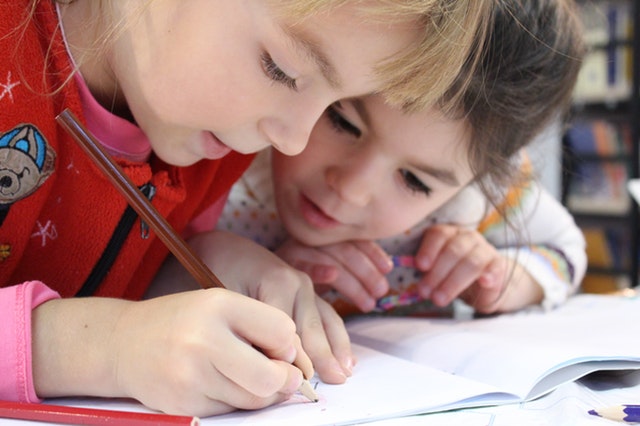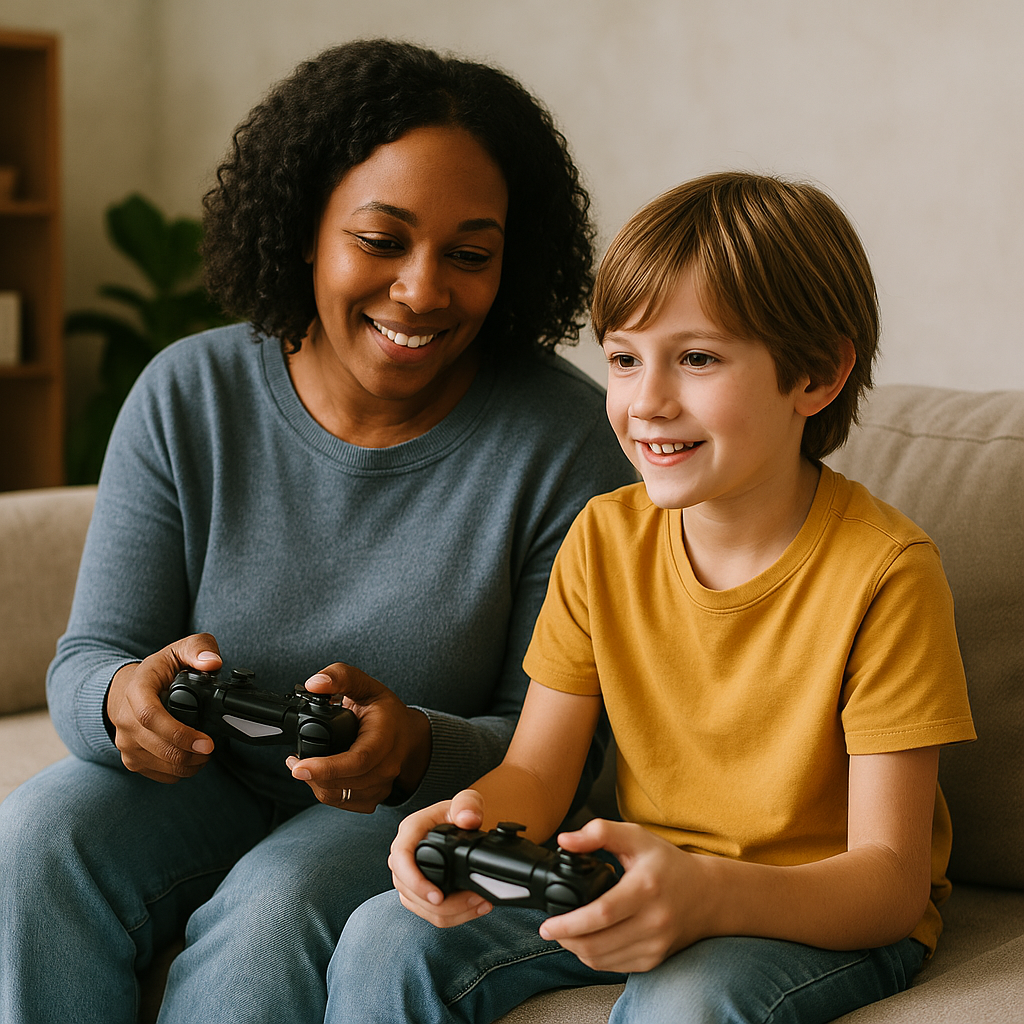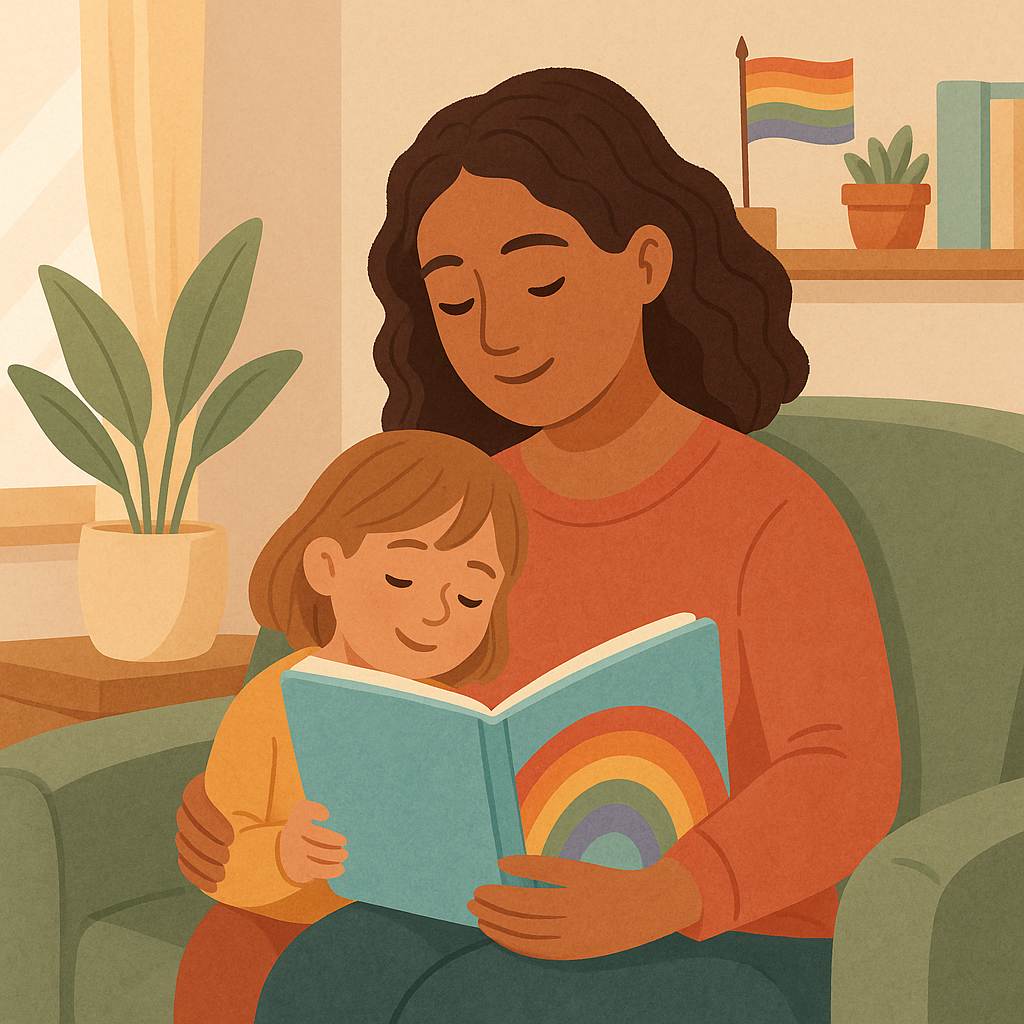At our recent holiday family reunion, my niece, a new mother, was allowing her 6-month-old baby to crawl across the top of a long sprawling kitchen table. We were all delighted and joy-filled when mom exclaimed: “She’s a free-range kid”. While not yet aware of the term or parenting philosophy, coined by Lenore Skenazy (founder of The Let Grow Project), she’s already on the right track. She will teach her school-aged kids how to be curious about their environment and become independent children and young adults.
All children are born to explore and learn about their environment. What my niece knows intuitively is that this path of independence must start early and continue as children grow and mature. While your first job is to keep your child safe and alive, after that, your role becomes raising a responsible, socially connected, independent adult.
Child-led free-play allows your child to develop many crucial developmental skills. Research finds benefits such as increases across several areas, such as social performance, group negotiation skills, bonding chemicals, emotional awareness/empathy, goal-setting abilities, and problem-solving capabilities as well as a reduction in stress hormones, better collaboration with others, greater confidence higher overall academic performance.
To take advantage of these benefits and continue down my niece’s path, here are some important tips to follow:
1. Ditch the use of “play date”
While children’s free time is consumed with homework and extracurricular activities that require adult organization/transportation, the term itself suggests that parents are in control of the time, place, and content of the play. As my mom simply said when I was growing up: “Go play”. It was then up to us to find something to do and someone to play with. We just had to be home by the designated time.
2. Limit Electronics
Electronic gaming is all the rage with kids today. While a short amount of time (20-30 minutes a day) has been found to be beneficial for stress, once you pass that, the dopamine frenzy that games are designed to hijack kicks in.
Children can’t get off the games due to their state of hyper-focus. They can also experience mood swings and regulation issues when stopping along with increased stress hormones which interfere with academic studies. Nighttime gaming can also disrupt sleep.
Finally, while a group of kids gaming in-person together for a reasonable amount of time can develop some of the social skills listed above, online gaming by one’s self in a room alone won’t. Your child needs real-life interactions to stimulate the social brain.
3. Social Media is not free–play
I strongly recommend waiting until high school before giving your child a Smartphone. For support, check out www.waituntil8th.org.
4. Assess your child’s impulse control
Some children have better neurological abilities to control their impulses when a decision could be dangerous or have negative repercussions. The general rule of thumb is the less internal control your child has, the more external structure they need.
Some children do need more guidance, rules, and detailed consequences before entering the free-play world. Depending on your individual child’s abilities, all children in the family may not necessarily have the same rules.

5. Outside
Free-play outside reaps even more benefits. Playing in the sun increases serotonin levels for happier moods, decreases stress/anxiety, and increases concentration. Playing in the grass helps your child soak up important environmental microbes.
Cardiovascular activities boast tremendous benefits for your child’s brain development, due to increased blood flow and oxygen. Laughing with one’s friends increases bonding and creates beneficial dopamine levels.
Related Article: Learn How To Make Your Own DIY Travel Activity Kits For Your Kids!
6. Empower other adults
Let neighbors and other parents know they are free to contact you should free-play become out of hand. It takes a village to raise a child and other adults’ eyes on the action can minimize problems.
7. One new independent activity
Lenore Skenazy recommends recalling the independent activities in which you engaged as a child (i.e. riding your bike around the neighborhood, walking the dog, or making your own meals), and then creating a plan to increase your child’s independence.

Craig A. Knippenberg, LCSW, M.Div. is a Denver-based mental health therapist and consultant who has garnered distinct expertise working with children and families throughout his four decades in private practice. He also has served as a school consultant for 30+ years, including more than 20 at one of Denver’s leading private elementary and middle schools. Citations contained herein also can be found in his recently released book, Wired and Connected: Brain-Based Solutions To Ensure Your Child’s Social and Emotional Success, (Denver, Illumify Global Media, 2019), 160-167. For more information, please visit www.wiredandconnected.com, or, www.craigknippenberg.com.



